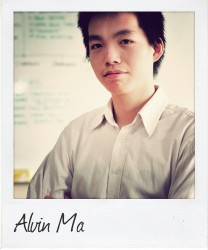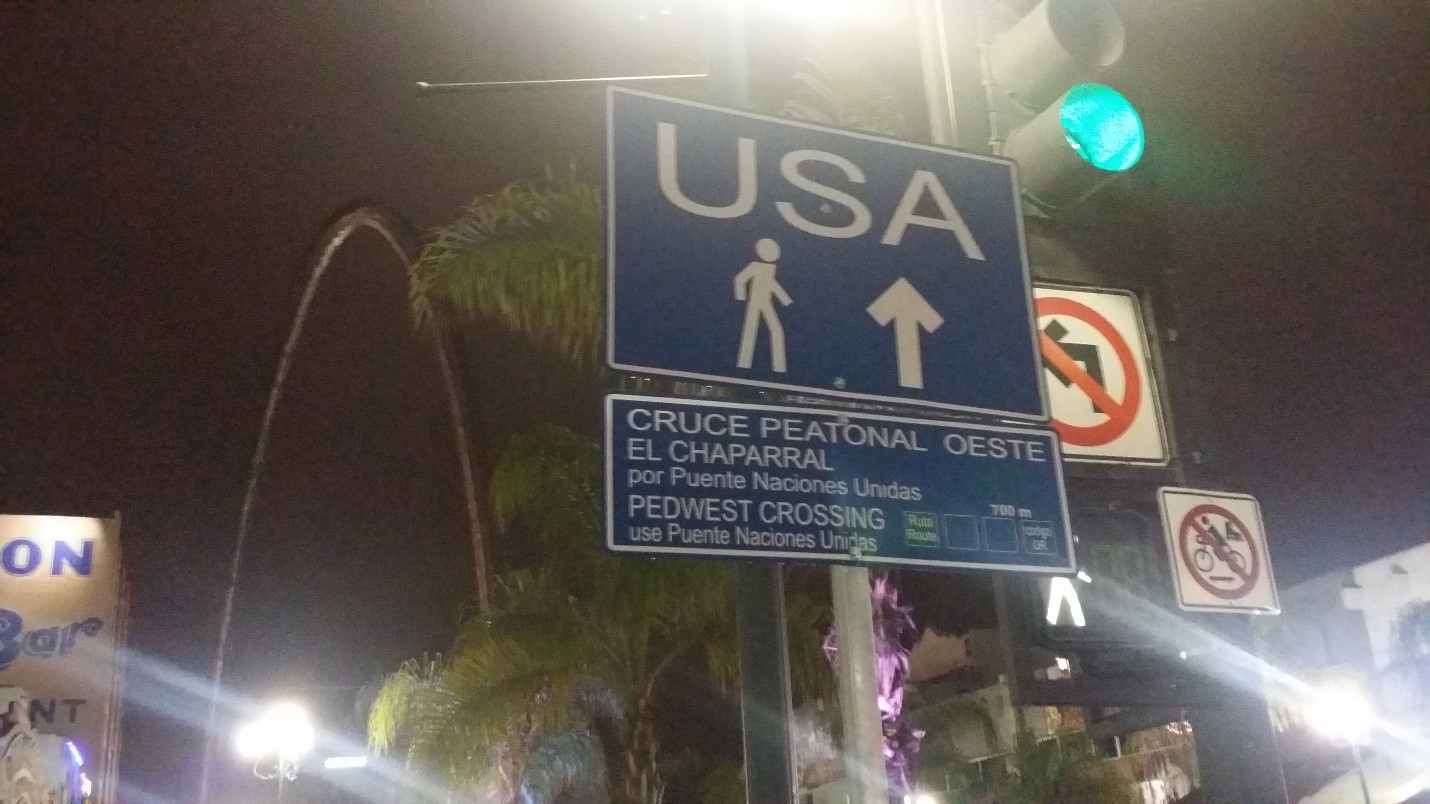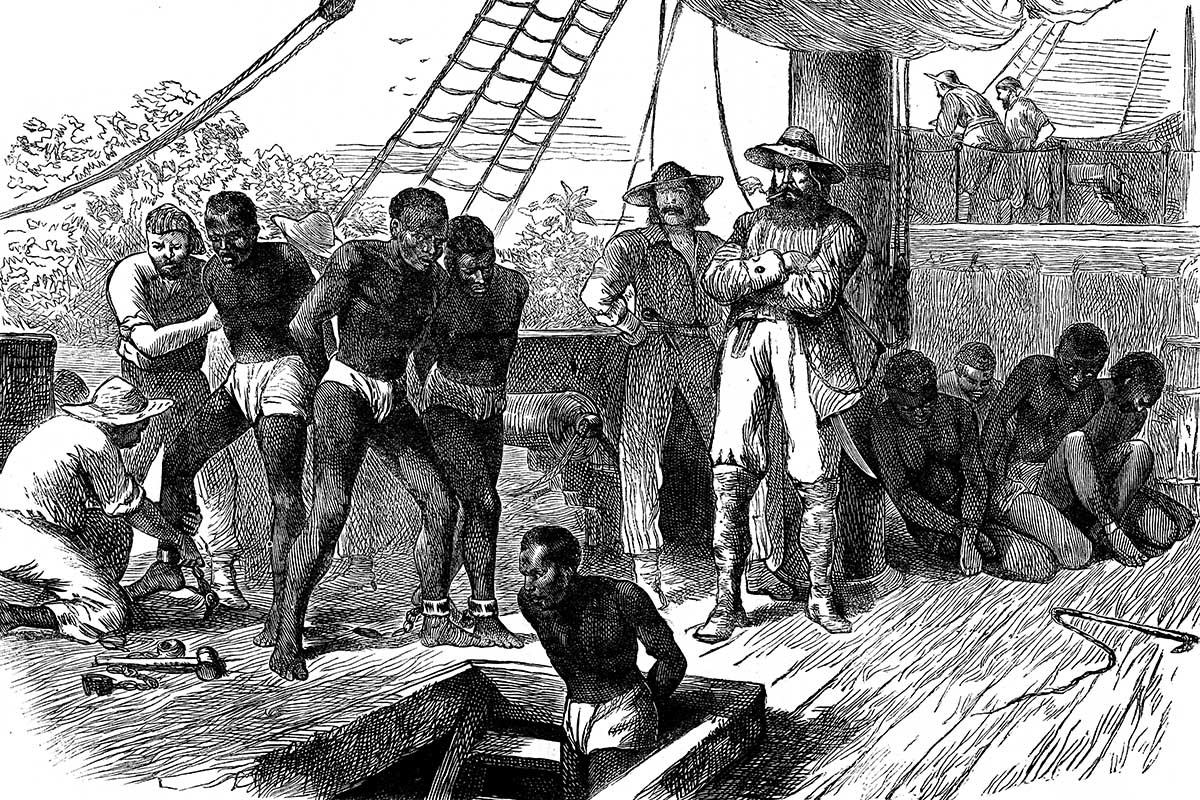“Beautiful Country: needs open borders, minds”
February 7th, 2017 Living in Canadian cities close to the American border, Alvin Ma, 25, a Commonwealth Correspondent from Canada, has visited the United States numerous times. The past December, he visited the southwestern United States.
Living in Canadian cities close to the American border, Alvin Ma, 25, a Commonwealth Correspondent from Canada, has visited the United States numerous times. The past December, he visited the southwestern United States.
The Chinese term for the United States of America is 美国, which stands for “beautiful country” in its literal character translation. Although the etymology of Chinese names for countries is more complex, I still believe that America is a beautiful country.
In short, my personal trip was beautiful. It was a joy to see the San Francisco skyline from the Golden Gate Bridge on a clear day and to sing in the car with friends in the midst of California gridlock traffic.
It was a memorable experience to cross the Mexican border and practica mi español to the astonishment of locals who thought my Canadian passport-holding friends and I were tourists from China with no knowledge of English or Spanish.
Less memorable was my entry back into the United States. It’s not due to any negative experience. In fact, it was quite the opposite, as I don’t even remember the words of the American border guard before letting me back in “the land of the free.”
Unfortunately, not everyone undergoes such a quick, routine entry into the United States. A close friend from South Korea – one of America’s strongest allies – has had numerous longstanding difficulties obtaining sponsorship for a green card work visa. A roommate with an Indian passport missed a conference in the United States three years ago due to visa processing delays, which he attributed to his Muslim-sounding name and the considerable amount of time he spent in the Middle East. More recently, a presidential executive order has temporarily barred the entrance of “alien nationals” from a select group of countries with a primarily Muslim-majority population, with a more indefinite suspension of refugees from Syria.
As a Canadian passport holder who likely won’t be inconvenienced the next time I visit the United States, I could choose not to care about these foreign policy issues. As someone who has taught human geography classes and had the privilege to travel to sociology (of sport) conferences around the world, however, I can’t simply ignore the politics of the United States. Being an educator who values the spirit of diplomacy, I feel obliged to share my academic knowledge and experiences regarding diversity with other people in a manner they wouldn’t summarily dismiss. It is simple to wholly accept or reject information based on psychological confirmation bias (as in listening to those with like-minded viewpoints). It is much harder to open minds up to psychological cognitive dissonance, because it involves accepting that the world is much more complicated.
Although the blanket suspension of refugee passage and travel visas has led to and could further lead to disastrous implications, it is important to examine these policies in a sophisticated manner. It is easy to jump on the “Donald Trump is evil” bandwagon in Canada and across the world, but it is unproductive to think this way without understanding why certain policies of the new government administration are destructive and coming up with alternative solutions. Even more disheartening is the loss of hope, where people are resigned to thinking that nothing can change. I still believe that we young Commonwealth writers can be a force for idealism in the world and play a significant role in the “peace-building Commonwealth” theme of 2017.
Particularly relevant in light of recent events, fellow correspondent Zainab Shemim Potrick has written an eloquent post defending Islam from misconceptions. Overall, it is important to continually learn and keep minds open to pleasant surprises. In my interactions in the multicultural city of Toronto, I have seen the local Baptist church (an institution associated with social conservatism) heavily invest in providing services for refugees. I have befriended numerous social justice activists who critique sport mega-events, yet share a deep passion for promoting local sport. I have taught hard-working Libyan students who have lost limbs from the civil war, yet live every day with optimism and happiness, knowing that they can’t take life (or travel opportunities) for granted.
In the past week, I have received 新年快乐 (well wishes for the Lunar New Year) greetings from friends who came from (or had families come as refugees from) Vietnam, Somalia, and Sri Lanka. Lunar New Year celebrations occur not only in China but around the world – including many cities in the United States, where East Asian diaspora communities have settled. While the individual journeys and stories of Chinese migration over the past two centuries vary greatly, one common theme is the hope that the beautiful 金山 (gold mountain) across the Pacific Ocean will lead to a brighter future. Despite historical exclusionary laws and overt discrimination, these Chinese migrants (alongside many other groups of people) have contributed to this beauty.
Rather than constructing barriers based on the accident of birth, I strongly encourage others to do what our talented Commonwealth Correspondents around the world have done: share life experiences and learn from human beings. To conclude en español: “¡Mientras hay vida, hay esperanza!” (Where there’s life, there’s hope.)
Photo credit: Alvin Ma – Tijuana, Mexico, across the pedestrian bridge from San Diego
……………………………………………………………………………………………………………………………………
About me: I’m a research assistant for the Centre for Sport Policy Studies at the University of Toronto. I also teach at a school for international students and serve as a private tutor for many students in various different subjects. Nicknamed “Captain,” I try to lead by example. I am an idealist and genuinely believe that students and youth from Commonwealth countries around the world can see a brighter future.
……………………………………………………………………………………………………………………………………
Opinions expressed in this article are those of the author and do not necessarily represent the views of the Commonwealth Youth Programme. Articles are published in a spirit of dialogue, respect and understanding. If you disagree, why not submit a response?
To learn more about becoming a Commonwealth Correspondent please visit: http://www.yourcommonwealth.org/submit-articles/……………………………………………………………………………………………………………………………………




